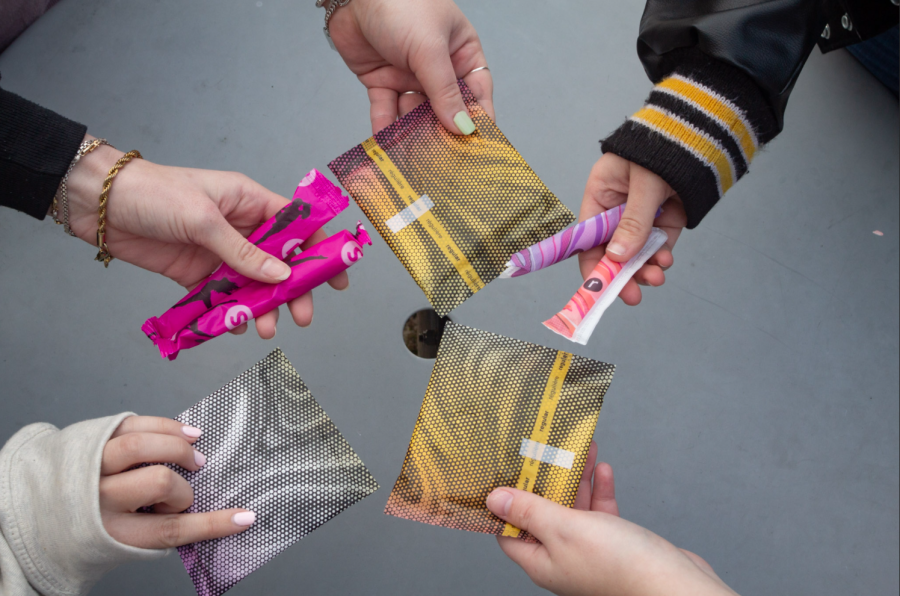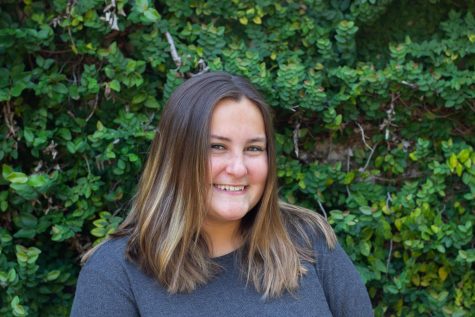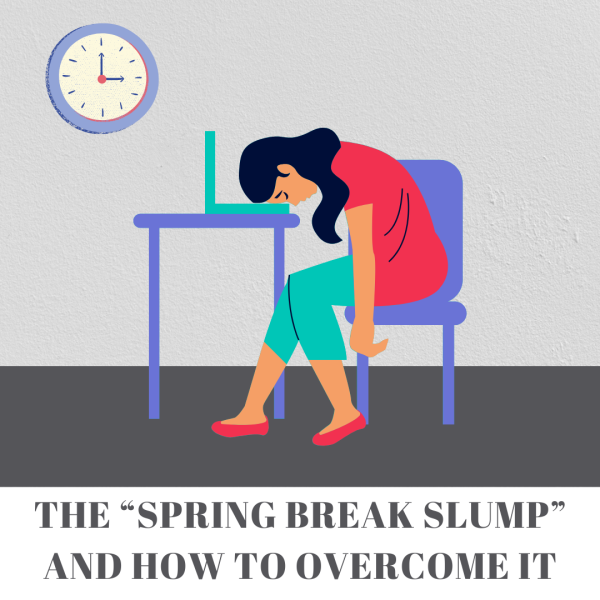The Period Equity Movement and how one student’s passion fueled such impact
February 28, 2022
One in every 10 college students face period poverty. To combat this, students and staff have jump started the Period Equity Movement to provide individuals with period products and menstruation education.
One Georgia Southern student has made it her mission to impact the community in a positive way by working to end the stigma around menstruation, and to reduce how many individuals go through the fear of not being able to afford the products they need when their period comes each month.
Gabi Wiggill, a junior public health major, has the passion and drive needed to focus on this issue that usually people turn a blind eye to.
Her interest in period equity was first sparked after watching the documentary on Netflix called “Period. End of Sentence.” that focused on how in India, periods are very taboo and young girls would have to stop going to school because they did not have access to period products.
Wiggill described, “I’ve had a period all of my life, and I understand the stress, the embarrassment and all that, but I never was in the position where I didn’t have the products I needed. And when I really sat down and thought about how different my life would be, how difficult it would be, I just started crying because I couldn’t imagine the pain and suffering that these women go through, because it’s completely out of their control that they have periods.”
She pointed out that when she was a child, she had the privilege of her family always purchasing what she needed and educating her on periods. But not all people have had this same luxury.
“We’re trying to eliminate this with period equity by providing everyone with the products they need, so that we are all on equitable footing when it comes to approaching our lives with periods,” she stated.
Wiggill started raising awareness around period poverty when she was a freshman, but it was not until faculty and staff heard about her work when the Period Equity Movement came to life as a cross-campus initiative.
“For me it’s beautiful to see how a collaborative project like this rose, and I just couldn’t have done it without these amazing people supporting me,” said Wiggill.
Many different departments and individuals across campus including the Dean of Students Office, Sustain Southern, the Office of Inclusive Excellence, Dr. Gemma Skuraton, the director of Student Wellness and Health Promotion, Dr. Addie Martindale, a professor in the College of Behavioral and Social Sciences and more worked together to gain funding for the period pantries and movement as a whole.
The Period Equity Movement officially launched the last week of January with tabling and educational discussions to work towards raising awareness and destigmatizing periods.
Wiggill and other contributors have put a heavy focus on inclusivity. They stay away from certain stereotypes, traditional pronouns and offer a wide range of products suited for anyone.
She went on to say, “It’s not one size fits all, this is not going to work with one product for every single student on campus. We want to be sure that we address our students’ needs and that we know they are diverse.”
The Period Equity Movement’s dedication to helping the members of the GS community can really be seen in their three, main projects. These projects include the Green Period Pantry, the Disposable Period Pantry and Period Products On-The-Go in restrooms, all aiming to give students access to the products they need.
The Green Period Pantry offers reusable pads and menstrual cups in various sizes, and has seven locations across Statesboro’s campus. They even provide discrete locations, like the Counseling Center and the Eagle Essentials Food Pantry, for those that may not feel comfortable asking someone in person for the period products.
Students are able to quickly grab what they need at that moment in any bathroom across campus, or students can go to the pantry located on each campus in the library to stock up on disposable period products like tampons and pads. All types of products offered are free for all students.
By giving away free period products on campus, Wiggill is conducting research on whether this does have an effect on period poverty and helping those with financial insecurities. If so, this data can help push other institutions to do the same thing for their students.
“We cannot have our student’s anatomy become their adversity,” said Wiggill. “It’s equity. We need to try to put everyone on the same level whether you have a period or not. Having a period should not hold you back at all. It should not affect your grades or anything like that.”
College students should not have to decide between buying food for the week or buying period products. She also pushed the importance of all individuals caring about this topic because all community members know someone who menstruates, even if it does not affect them directly.
“If you don’t care, and if I don’t care, then who will?” said Wiggill.
She encourages students to reach out and be a part of this movement, to work towards ending the stigmas surrounding menstruation and to reduce the effects of period poverty. To get involved or for more information, email Wiggill at gw01879@georgiasouthern.edu.













